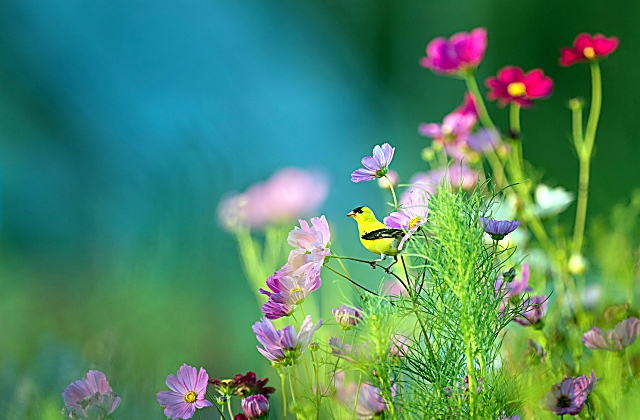Best Soil For Planting Flowers in the Ground

Do you know what the best soil for planting flowers in the ground is? It’s the kind of soil that your favorite flower prefers. That’s right, I said your favorite flower. There’s no point in planting anything you don’t like. Trying to grow your favorite flower in poor soil will leave you with a failed flower garden.
So, what is the best soil for planting flowers in the ground? It’s not necessarily the type of flower you choose to grow. Many gardeners think they know what the soil needs to support their favorite flower, and then they fail to give it the proper care it requires. Here are a few things you should be aware of when it comes to the best soil for planting a flower garden.
So, how do you know the best soil for planting a flower garden? One way is to find out what plants you prefer to grow. Try to determine what the typical conditions are in your garden, outside. For instance, if you have a Mediterranean garden, you’re probably used to a lot of moisture. Your plants will be more likely to thrive in this type of soil. If you have a western garden, your soil might need a little less water, but you probably still like the types of plants you’ve grown before.
The best soil for planting a flower garden can be varied. Different seasons mean different soil needs. Also, the types of flowers you decide to plant can have an impact on the soil’s needs. Let’s take a look at some of the different factors that determine the best soil for planting a flower garden.
For instance, you have a large variety of plants in your yard. Is one of them going to do better than another? If you’ve done your homework, you should know the answers to these questions. You need to put in the time and research the soil conditions for each one. Also, make sure you plant the right type of flower seeds that can handle a wet climate. Remember, you don’t want your plants dying out because of the bad soil.
The first step of deciding the best soil for planting a flower garden is to analyze your soil. Look around the yard and note any noticeable differences. Do you notice a lot of weeds, or does it appear well kept? Take a sample of your soil to a local nursery and have them test it.
Another factor to consider is the amount and kind of fertilizer you use. What you plant in your flower garden will be partly dependent on the fertilizer you apply. This means you need to research exactly which fertilizers work best with each type of plant. Applying too much fertilizer can do irreparable damage to your flower garden. On the other hand, not applying enough fertilizer can cause the soil to break down, making it impossible for your plants to survive.
You also need to remember that the types of flowers you plant in the ground will dictate the condition of your soil. If you are planting annuals or perennials, then the soil may stay relatively dry throughout the growing season. This is good news for the tulips, daffodils, and other annuals, but not so good for the grass or bushes. If you have established a flower garden, you should check the soil conditions of your flower garden on a regular basis and add fertilizer as needed.
In fact, the soil condition better is always in direct relation to the soil you have. Adding more organic matter to the soil will improve its moisture retention and make it a better environment for your plants. Adding organic mulches to the soil will also improve its moisture retention. However, be sure to mulch only around the perimeter of the flower bed, as mulching too deep in the soil can make the roots of the plants become too damp or too dry.
There are many other things to consider when it comes to the proper soil condition for planting a flower garden. One is to avoid planting things close to or under trees. Trees can cast their leaves on the ground and can damage your flower garden, as well as your walkways and driveway. A flower garden’s success largely depends on having a healthy and well-irrigated soil. If you need to mulch the soil, use an organic mulch, such as straw or leaves. The mulch will provide natural mulch and is less likely to damage the soil, than coarse mulch.
It is very important to water your flower garden regularly. A well-drained soil will remain this way, without the need for too much extra water. The flowers will thrive if they get all the moisture they need. You should plan to water the flower garden in the morning just before you plant, as this will be the driest part of the day. But, you should keep in mind that the drier days are also the hottest, so plan your flower garden accordingly.